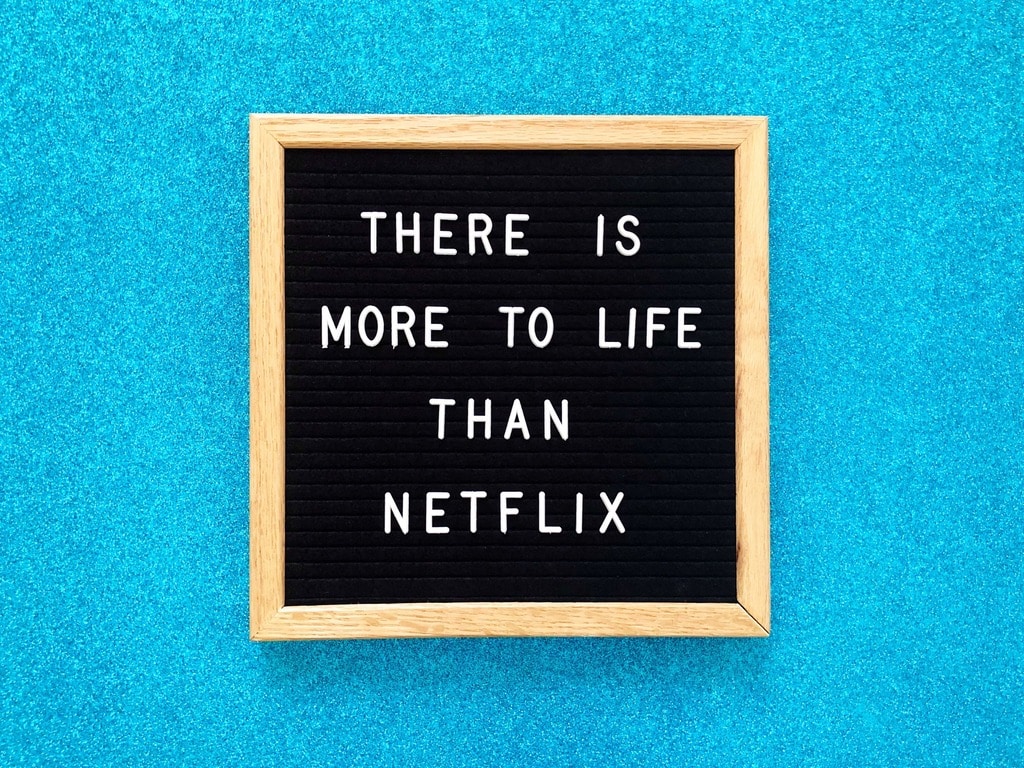How to save money

If you check the Internet for ideas about how to save money, you will be inundated with suggestions. Like many of us who’ve struggled over the years, initially, you will be filled with a degree of optimism, but then reality hits home. Is it making a difference? Is it worth it? Are there any shortcuts?
One of the biggest challenges when looking at how to save money in New Zealand is to remain focused. Many of these “how to save money tips” may not be relevant to you. Consequently, it is crucial to focus on those which are relevant to your lifestyle and target those you can achieve. Indeed, many people find it helpful to keep a record of the money they have saved.
Over the weeks, months and years, you will be surprised at how much money you can save. Without a detrimental impact on your standard of living!
Saving money starts in your head
It may seem a little strange to suggest that the idea of “saving money” starts in your head. However, think of it this way.
We have all read those money-saving tips, those ingenious ideas and immediately started to count the potential savings in our head. Maybe you could save up for a holiday? Perhaps upgrade your vehicle? Even treat the kids?
The problem is that many people fail to commit to these money-saving ideas. We like the concept, we like the idea and the potential rewards. You need to be focused on making this work, committed to the cause and determined to improve your finances. As we will touch on in a moment, planning has never been more important or more powerful. Focus, focus, focus………….
Planning ahead
People will often discount the idea of planning when looking to save money. Surely this happens when opportunities arise? Can you really plan ahead?
The answer is yes. Think of it this way. If you don’t have a starting point or an endpoint, how do you know when you have achieved your goal? If you fail to set yourself mini-targets, how can you progress in a structured and controlled manner?
For many people, the idea of how to save money in New Zealand is likely to be prompted by a worsening financial background. It may be that your credit card debts are rising, personal loans are out of control, and you may be behind with your utility bills. Consequently, without planning, setting mini-targets and long-term goals, it may be challenging to focus on tackling your financial problems and saving money at the same time.
You will often find that these “how to save money tips” become a little addictive, a challenge that can be immensely rewarding both financially and mentally. Fail to plan, plan to fail; it really is that simple………

The cumulative effect of reduced spending
Unfortunately, whether you have significant financial problems or are simply looking to save money, there is no silver bullet. How to save money tips in isolation can sometimes look limited and create relatively small savings. We have all done this, seen a potentially useful money-saving idea but failed to follow it through. What was the point to save just a few dollars?
The key is to look at money-saving ideas together, not in isolation, looking at the cumulative long-term impact. If you were to save $20 a month on each of your shopping, insurance, fuel, utility and socialising expenses, you would save $100 a month. This looks better, and is indeed more encouraging, than looking at each $20 saving in isolation.
This is where you can also begin to plan and target a particular savings figure. You may be able to save enough to enjoy a family holiday or “reinvest” to improve your long term financial health.
Grocery shopping
For many people, grocery shopping has the potential for long-term savings without a significant impact on your standard of living. How to save money grocery shopping is relatively easy in principle and, in all honesty, just as easy in practice. Some ideas include:-
• Consider switching from branded to generic products
• Write a shopping list and stick to it
• Shop around for the best prices
• Avoid shopping for entertainment or because of boredom
• Use money-off vouchers
• Avoid waste – reduce portion sizes
There are many other ways to save money on grocery shopping, but these will undoubtedly give you a good start. Something as simple as writing a shopping list before you leave the house can have a considerable impact. Switching from branded products to generic named products is regularly featured in how to save money in New Zealand tip sheets. They work!
As we touched on above, the individual savings from these ideas may seem limited in isolation, but the cumulative impact can be huge.

Save for big-ticket items
On occasion, you may have to reallocate some of your finances in an emergency, such as repairing your vehicle. At the same time, many big-ticket items can be delayed. It may be that you need a new sofa, perhaps some of your carpets or rugs have seen better days or your wallpaper needs replaced. Are these urgent?
There is often a temptation to pay for big-ticket items with your credit card, overdraft or by delaying other payments. If the big-ticket item is not an emergency, you don’t need it immediately, then consider starting to save and delay the purchase. This process will:-
• Reduce long-term financial pressure
• Encourage you to save for at least a deposit on a big-ticket item
• Avoid adding to your mental financial-based stress
In reality, we would all like to treat ourselves now and again, provide the best for our family, but unfortunately, sometimes difficult decisions need to be made. Just imagine how much better you will feel after you have at least saved a deposit for a big-ticket item, rather than using potentially expensive finance. When looking at how to save money tips, it is as much about improving your finances as improving your mental well-being.

Combine your insurance policies
Insurance policies are an element of everyday life for all of us. Some of the most common types of insurance include:-
• Home insurance
• Motor insurance
• Health insurance
• Travel insurance
As we build up our insurance cover in the early days, there is every chance that you will have policies with different insurance companies. Many of us are reluctant to “shop around” because of the additional paperwork required to change insurance companies. However, this is not necessarily the case with the onset of the Internet and electronic communication.
So, not only do you have the opportunity to shop around and find the cheapest insurance company with minimal hassle, but you can combine policies. Many insurance companies will offer discounts based on the number of insurance policies you have with them. In many cases, this can be significantly more than individual savings achievable when looking for the cheapest renewal.
Next time one of your insurance policies is set for renewal, ask your insurance company the question, do they offer a discount for bulk insurance? You might be surprised!
Review memberships and subscriptions
It is common knowledge that come the New Year, gyms and other fitness services are overwhelmed by new members. Starting the New Year as you mean to go on, improving your fitness and maybe reducing your weight all sounds good. However, we know that many of these gym subscriptions are rarely used by the end of February but not always cancelled. Why?
In the back of our minds, the fact that we are members of a gym often makes us feel better even though we don’t use it. The idea that we will “use it tomorrow” never quite materialises, and this can be at significant expense. Consequently, if you’re not using the gym at all, then it is sensible to cancel your membership. If you are using it sporadically, it may be possible to arrange a pay-as-you-go option. Either way, there are potentially significant savings to be made!
There are countless other memberships/subscriptions which many of don’t use, for which we still pay. Some of the more common include:-
• Video streaming subscription such as Netflix
• Music streaming subscriptions
• Premium delivery schemes, e.g. Amazon Prime
• Cinema membership
• Sports club membership
• Museum membership
While unlikely that you will be subscribed to all of these services, there is a chance that you may have subscribed to some which are, to put it mildly, underused. Imagine the potential savings?

Servicing your vehicle
We’ve all been there, delaying the servicing of our vehicle as a means of saving money. It is easy to look at how to save money and decide that your car is running perfectly well. Surely at this point, a thorough service would be pointless? Waste of money?
In theory, this makes sense. If your vehicle is running perfectly well, then why should you spend money on a service. Well, upon further investigation of this philosophy, this idea is often misplaced and potentially dangerous. Regular servicing of your vehicle will:-
• Improve fuel efficiency
• Help identify minor repairs
• Ensure your vehicle is roadworthy
• Maintain passenger safety
While the idea of delaying the servicing of your vehicle may help your cash flow, it is very often a false economy. A failure to maintain your vehicle regularly will eventually lead to more significant repairs and may see your vehicle unfit to drive. This is before we even get onto the subject of passenger safety, which is priceless!
Combine your debts and save on interest
It is surprising how quickly you can accumulate several credit cards, personal loans and other types of finance. While much will be dependent upon your credit rating, there may well be opportunities to combine your debts, save on interest and even reduce payments. This action will also create one monthly payment, which can often be less than the combined payments from historical sources of finance.
If you are struggling financially, debt consolidation is undoubtedly something to look at. Here at Alternate Finance, we offer numerous types of loans at competitive rates. We are positioned between the traditional banks and the high-interest payday companies. A simple tweaking of your finances, consolidation of debts, and maybe an extension of your loan period can improve cash flow and reduce financial pressure.
Our website also contains numerous ideas about how to save money in New Zealand, improving your finances and reducing the mental strain.

The hare and the tortoise……
Many people expect how to save money tips to be the silver bullet, reducing their debts and improving their finances. Unfortunately, for many people, there is no silver bullet. While the individual impact of money-saving ideas may seem minimal, it is the cumulative long-term impact that can make a massive difference to your finances.
This reminds us of the hare and the tortoise fable, in which eventually slow and steady wins the race. Saving money and improving your finances begins in your head and ends with more money in your bank account. Planning is vital, focus is essential, which can all lead to a significant improvement in your standard of living.



